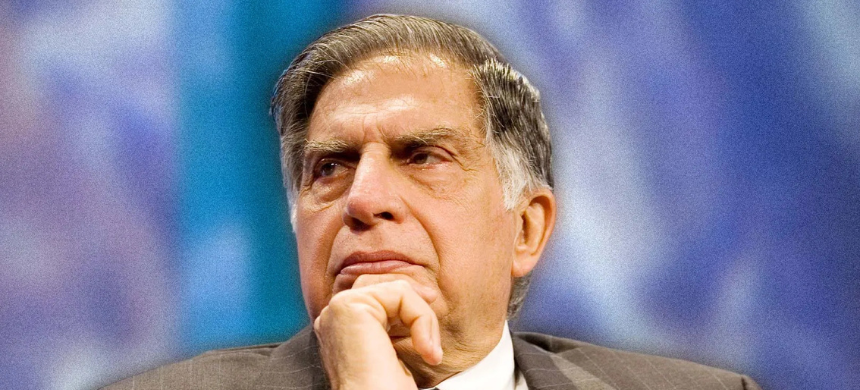Ratan Tata, the esteemed former chairman of the Tata Group, passed away at the age of 86, as announced by the Tata Group in a statement late on Wednesday. Tata had been in intensive care at a Mumbai hospital prior to his passing.
Early Life and Career
Born into the Tata family, Ratan Tata graduated with a degree in architecture from Cornell University before returning to India in 1962 to join the family business founded by his great-grandfather nearly a century earlier. Over the years, he worked in various Tata companies, including Telco (now Tata Motors) and Tata Steel, where he made a significant impact by improving the financial performance of the National Radio & Electronics Company.
Leadership and Acquisitions
Ratan Tata took over as chairman of the Tata Group in 1991, succeeding his uncle JRD Tata. His leadership coincided with a period of economic reforms in India, allowing the conglomerate to expand its global footprint. One of his key initiatives was to modernize the group by enforcing retirement ages for senior executives and promoting younger leaders.
Under his guidance, the Tata Group made several notable acquisitions, including:
- Tetley (2000) for $432 million
- Corus (2007), a significant acquisition for $13 billion, marking a milestone as the largest takeover of a foreign firm by an Indian company at that time.
- Jaguar and Land Rover from Ford in 2008 for $2.3 billion.
Tata also spearheaded the development of the Indica, the first car designed and manufactured in India, and the Nano, intended to be the world’s most affordable car. While the Indica was commercially successful, the Nano faced challenges that ultimately led to its discontinuation.
Philanthropy and Personal Life
A licensed pilot, Ratan Tata was known for his modest lifestyle, philanthropy, and commitment to social causes. Approximately two-thirds of the share capital of Tata Sons, the group’s holding company, is held by philanthropic trusts, reflecting his dedication to giving back to society.
Despite his numerous achievements, his tenure was not without controversy. The high-profile ousting of Cyrus Mistry as chairman of Tata Sons in 2016 led to a public feud, with accusations of interference and failure to revitalize struggling businesses.
Post-Tata Ventures
After stepping back from the Tata Group, Ratan Tata became a prominent investor in Indian startups, supporting companies like Paytm, Ola Electric, and Urban Company.
Awards and Recognition
In recognition of his exceptional contributions to trade and industry, Ratan Tata received the Padma Vibhushan, India’s second-highest civilian honor, in 2008.
Ratan Tata’s legacy as a visionary leader who transformed the Tata Group into a global powerhouse will be remembered fondly, as he played a pivotal role in shaping modern Indian business and industry.











